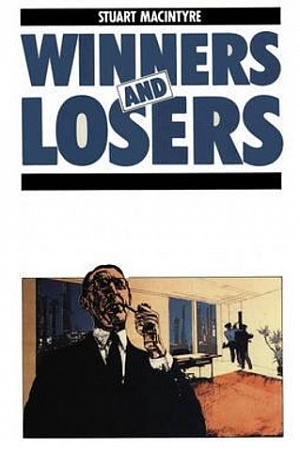Protecting the national interest? by Joy Damousi
In October, the Australian research and academic community was angered by the revelation that the former Minister for Education and Training, Senator Simon Birmingham, vetoed eleven Australian Research Council (ARC) grants that had been recommended for funding following a rigorous peer-review process. The minister did not provide reasons for his secret intervention, which resulted in a cut of $4.1 million to grants in the humanities. Academics are rarely united as one, but social media was filled with statements from more than a dozen peak professional associations in the humanities, sciences, social sciences, and medical research sectors, and staunch public pronouncements by vice chancellors at La Trobe, Melbourne, Monash, UNSW, and ACU, all four Learned Academies, and Universities Australia – to name a few – who were unanimous in their condemnation.
Why did the research community respond in such a highly public and united way? Senator Birmingham’s decision to exercise his right to veto grants, and to do so by stealth and without providing robust academic reasons, severely undermines the independent and rigorous peer-review assessment of applications for funding.
Continue reading for only $10 per month. Subscribe and gain full access to Australian Book Review. Already a subscriber? Sign in. If you need assistance, feel free to contact us.















Leave a comment
If you are an ABR subscriber, you will need to sign in to post a comment.
If you have forgotten your sign in details, or if you receive an error message when trying to submit your comment, please email your comment (and the name of the article to which it relates) to ABR Comments. We will review your comment and, subject to approval, we will post it under your name.
Please note that all comments must be approved by ABR and comply with our Terms & Conditions.